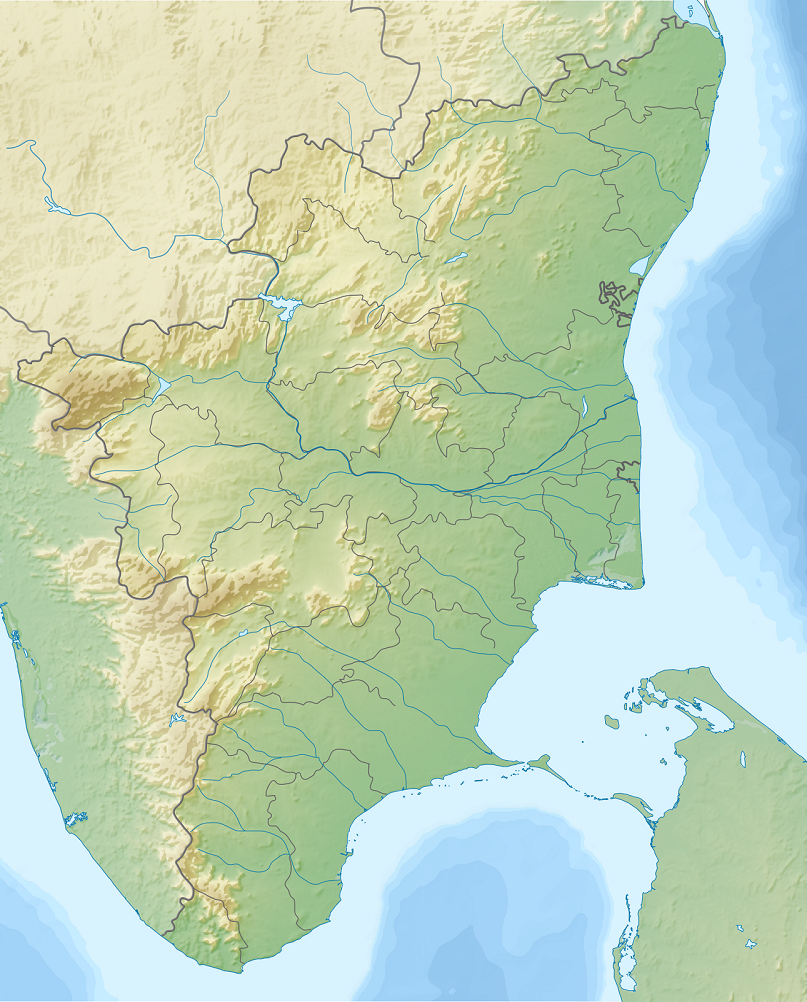The Tamil Nadu Generation and Distribution Corporation (TANGEDCO) plans to build 20GW of new solar capacity in Tamil Nadu by 2030 to meet the growing demand for electricity and harness the excess solar power potential in the State.
TANGEDCO has proposed to set up solar power parks in each district of the State. The solar capacity will be combined with adequate energy storage capacity to ensure an uninterrupted power supply.
“TANGEDCO will initiate measures to set up 20,000 MW of solar power stations and 10,000 MW battery storage systems across a period of ten years, thereby supplying uninterrupted power supply to the consumers,” TANGEDCO chairman and managing director Thiru Rajesh Lakhoni said in a letter directed at all the district collectors in the State last year.
TANGEDCO has proposed to establish 4GW of solar power stations and 2GW of battery storage systems across the State in the first phase. Its letter to district collectors has asked them to identify land to the extent of 20 to 200 acres suitable for setting up 5MW to 50MW solar park in the district.
This content is protected by copyright and may not be reused. If you want to cooperate with us and would like to reuse some of our content, please contact: editors@pv-magazine.com.









By submitting this form you agree to pv magazine using your data for the purposes of publishing your comment.
Your personal data will only be disclosed or otherwise transmitted to third parties for the purposes of spam filtering or if this is necessary for technical maintenance of the website. Any other transfer to third parties will not take place unless this is justified on the basis of applicable data protection regulations or if pv magazine is legally obliged to do so.
You may revoke this consent at any time with effect for the future, in which case your personal data will be deleted immediately. Otherwise, your data will be deleted if pv magazine has processed your request or the purpose of data storage is fulfilled.
Further information on data privacy can be found in our Data Protection Policy.